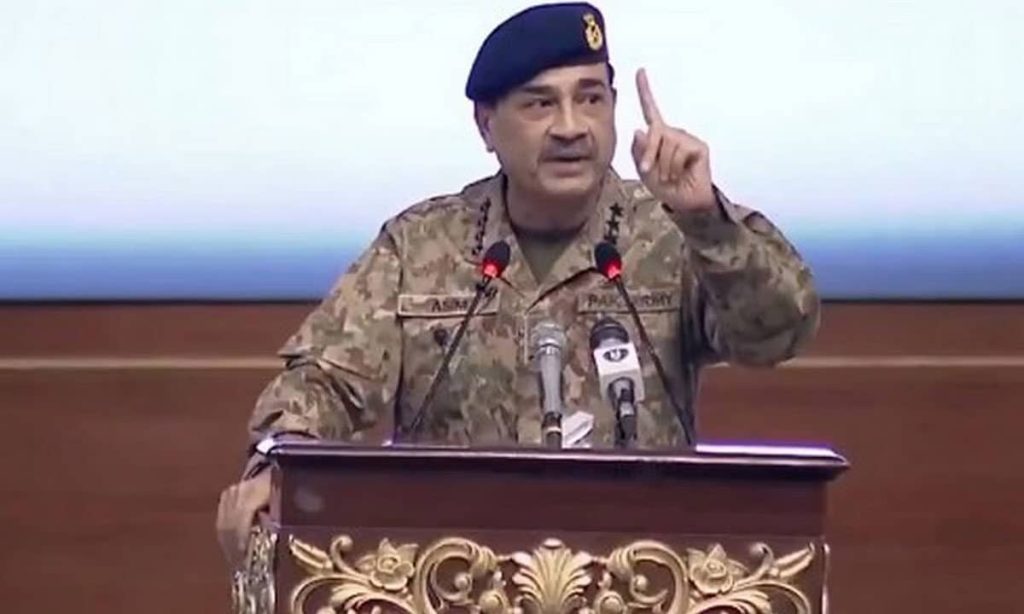Pakistan’s Chief of Army Staff and Chief of the Joint Staff Committee, Field Marshal Asim Munir, convened a strategic briefing featuring a delegation of top business figures, industrialists, and trade association leaders. The meeting served as a vital conduit between military leadership and corporate stakeholders amid pressing economic challenges.
Topics on the Table: Economy in Focus
Participants presented a comprehensive overview of national economic concerns, covering key sectors like manufacturing, textiles, IT, agriculture, and energy. The forum addressed:
- Foreign direct investment trends and obstacles
- Industrial output fluctuations and productivity constraints
- Energy supply challenges, tariff structures, and demand forecasting
- Regional trade potential, especially via CPEC and neighboring markets
- Inflationary pressures, currency stability, and export diversification
Private Sector Perspectives
Business leaders emphasized that sustaining economic progress demands a stable policy environment and greater transparency. They called for reforms to address regulatory bottlenecks, tax incentives for job creation, streamlined trade facilitation, and energy affordability particularly for export-oriented manufacturing.
Energy and Infrastructure: Focused Reforms
Given soaring costs and persistent outages, reforms in the energy sector received close scrutiny. Activities included exploring renewable energy integration, evaluating the efficiency of nearly obsolete thermal plants, and advocating for sector restructuring to ensure reliable and cost-effective power supply.
Fostering Regional Trade and Investment
Conversation also centered on leveraging Pakistan’s geostrategic location to enhance access to regional markets. Leaders urged strategic use of CPEC corridors, reinforced freight logistics, and simplified customs procedures. They also advocated for forging new trade partnerships and agreements, particularly with Central Asian and Middle Eastern nations.
Military Leadership’s Role in Economic Stability
Field Marshal Munir committed to maintaining institutional stability and supporting safe, conducive conditions for economic activity. He highlighted the military’s role in infrastructure security and crisis management key to business continuity and investor confidence.
Next Steps: Bridging Policy and Practice
A key takeaway from the session was forming a working group comprising government, business, and military representatives. This initiative aims to track economic indicators, fast-track reforms, and coordinate priority projects reporting progress and challenges to top decision-makers.
Conclusion: A Milestone for Civil-Military Economic Dialogue
This high-level briefing reflects a widening consensus: Pakistan’s economic recovery demands collective action and synergetic collaboration across public and private sectors. By integrating strategic insights and commercial realities, the conversation marks a constructive step toward restoring growth momentum and assuring policymakers remain aligned with ground-level economic needs.



Comments (0)
No comments yet. Be the first to comment!
Leave a Comment